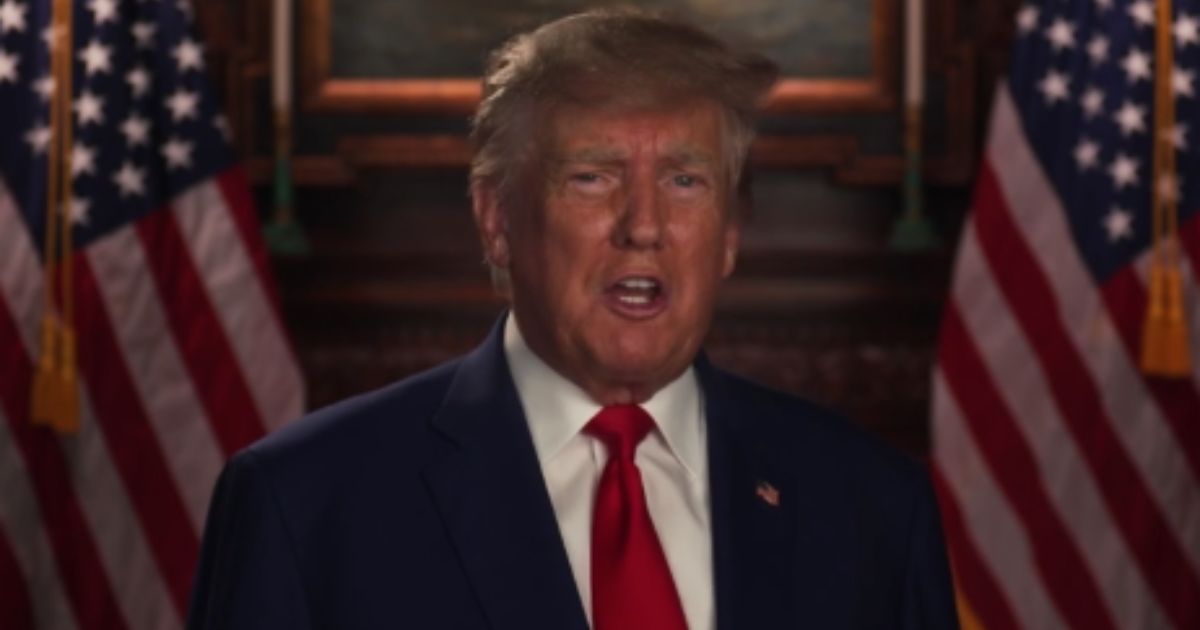Trump administration dismantles US Institute of Peace
The U.S. Institute of Peace (USIP) experienced a drastic reduction in staff this Friday, as hundreds were dismissed under a new government directive.
The mass firings at the U.S. Institute of Peace are part of a Trump administration effort to curtail the organization's operations and reduce federal expenditure, as Breitbart reports.
Founded during Ronald Reagan's presidency, the USIP has been an emblem of the United States' commitment to international conflict resolution.
With an annual budget of approximately $55 million, the institute has dedicated itself to preventing conflicts globally and fostering peace.
However, in a surprising move, between 200 and 300 employees, constituting almost the entire staff at its headquarters, were terminated. This action aligns seamlessly with President Donald Trump's executive order from February, which signaled an overarching plan to dismantle the USIP.
Insights Into Trump Administration's Move
This series of firings is symptomatic of a broader agenda by the Department of Government Efficiency (DOGE), which emphasizes cutting what it deems wasteful spending. The mass termination event took place under the administration’s policy to streamline federal operations and reduce expenses associated with them.
White House deputy press secretary Anna Kelly reiterated this stance, stating, “Taxpayers don’t want to spend $50 million per year on a publicly-funded ‘research institute’ that has failed to deliver peace.”
She further highlighted, “President Trump ended the era of forever wars and established peace in his first term, and he is carrying out his mandate to eliminate bloat and save taxpayer dollars."
The employees received notification of their termination through an email, which declared an effective end to their employment almost immediately.
The content stressed, "Effective March 28, 2025, your employment with us will conclude," underscoring the administration's resolve in its fiscal policies.
Broader Impact on U.S. Foreign Assistance Efforts
Simultaneously, further consolidating its approach towards shrinking the U.S. presence in global conflict management, the Trump administration also took measures to formally shut down the U.S. Agency for International Development (USAID) on the same day. Both actions signify a major shift in how the U.S. handles international development and peace efforts.
Earlier, USIP had sought judicial intervention to halt this process. A federal judge, however, denied a temporary restraining order against DOGE's move to dismantle the institute, solidifying the administration's path forward.
The overhaul not only impacts the employees and their families but could reshape the United States’ diplomatic and peacekeeping capacities on the international stage.
This decision has raised concerns among experts over the potential vacuum left in international conflict resolution efforts, previously guided by institutions like the USIP and USAID.
Reflections on Origins and Contributions of USIP
Supporters believe that since its inception, USIP has played a pivotal role in various international disputes and conflict zones, promoting dialogue and offering training in peace negotiations. Its efforts have been seen as vital to fostering long-term stability in regions prone to conflict.
The institute's original mission was rooted deeply in the ethos of peace through knowledge and cooperation. Through workshops, research, and on-ground mediation, USIP aimed to provide solutions that preemptively resolve conflicts before they escalate into violence.
With the closure of the USIP, questions linger about the future of such initiatives and the overall U.S. strategy towards global peacekeeping operations.
This move marks a significant pivot in U.S. foreign policy priorities under the Trump administration, reflecting a new era characterized by a scaled-back approach to international engagements.





